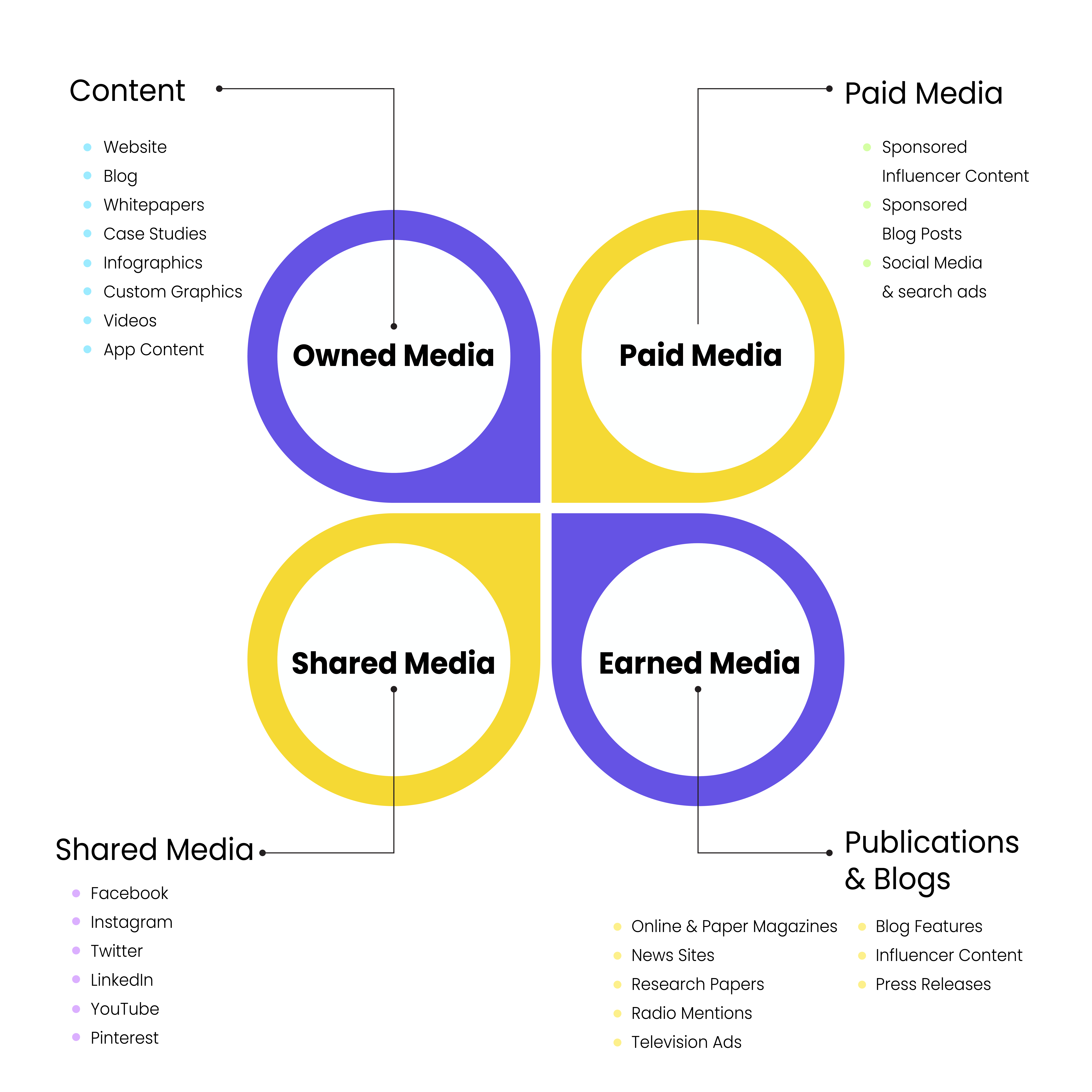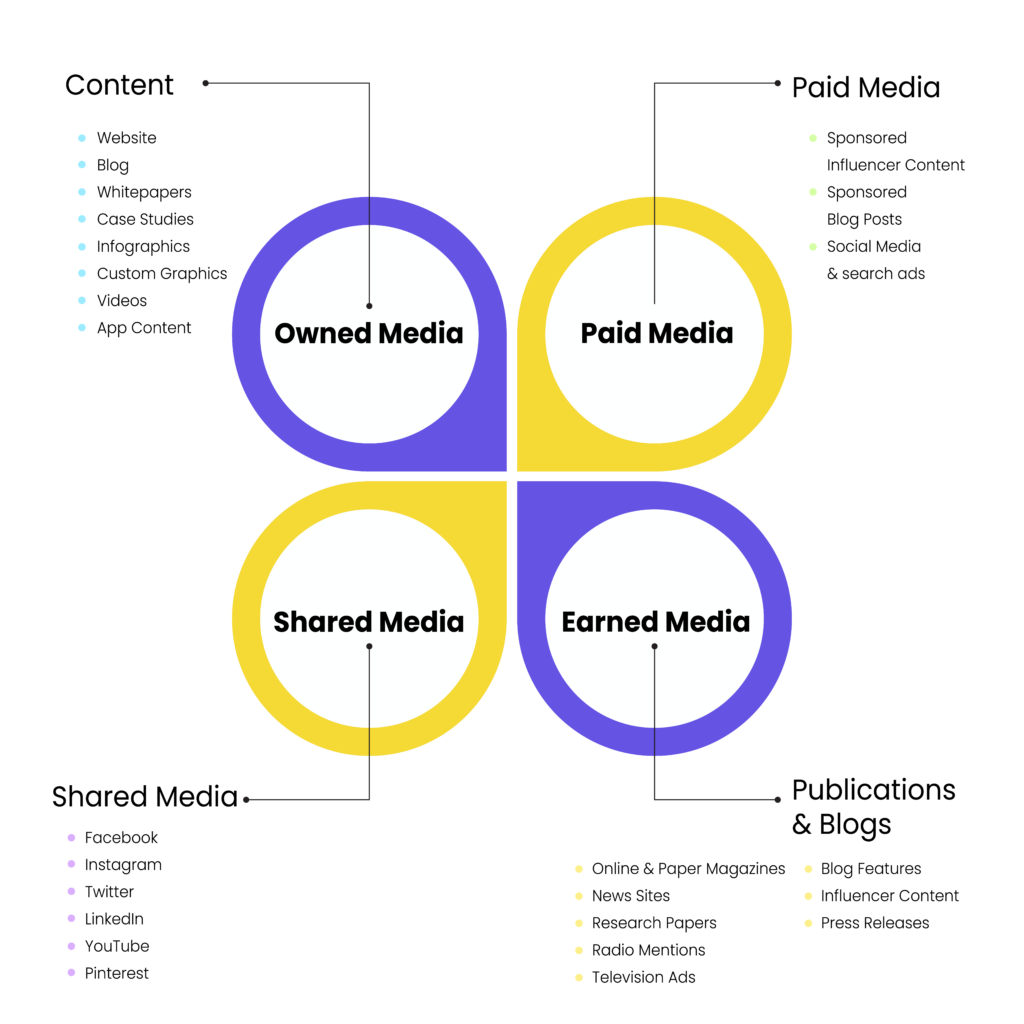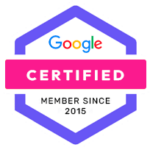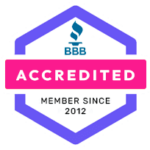How Online Reputation Management Can Help Your Business Thrive?

As a business owner, you’re always working towards ensuring that your brand hits the right notes. A strong and positive reputation is a key aspect of business growth. Today, more than ever, companies require a solid online reputation management strategy in place. The power of social media and online reviews can either make or break your brand.
People search online for almost everything before making a purchasing decision or even considering a service provider. Therefore, investing in online reputation management (ORM) is essential to maintain and build a positive online presence that strengthens customer confidence, builds loyalty and drives sales.
What is Online Reputation Management (ORM)?
ORM is the practice of monitoring and managing the reputation of a person, brand, or business on the internet. It involves tracking different mentions, responding to negative comments, creating positive content, and gaining positive reviews. ORM is important for all businesses, regardless of their size or industry.
Online Reputation Management Channels
ORM requires a multi-channel approach to cover the different sources that can affect your online reputation. Here are the four main ORM channels that businesses should focus on:
Paid Media
Paid advertising helps you control what appears when people search for your business. Paid media includes advertising on search engines, social media, and other websites. Paid media can reach a specific audience based on user demographics, interests, and behaviors. A well-crafted and targeted paid media campaign can lead to increased brand awareness, lead generation, and sales.
Earned Media
Earned media is publicity gained through efforts other than advertising in traditional media. This includes media coverage, reviews, and mentions on third-party websites.Earned media is considered the most valuable type of media because it’s genuine and authentic.
It’s a testament to a brand’s reputation and customer satisfaction. The trick is to create buzz around your brand through exceptional customer service, building relationships with industry influencers, and being actively engaged on social media.
Shared Media
Social media is considered a shared media channel. It allows your followers, customers, and fans to share their experiences and opinions about your brand with their networks. Businesses must manage their social media pages to prevent negative comments and reviews from spreading.
This includes social media posts, videos, and infographics. It’s an effective way to increase brand visibility because it can go viral and gain massive attention. Businesses can leverage shared media by creating high-quality, engaging content that resonates with their audience and encourages sharing that content.
Owned Media
Owned media is any content or online property that you own and control. This includes your website, blog, podcast, and social media pages. Creating positive and informative content that shows your expertise and commitment to your customers can strengthen your reputation.
This is the most controllable form of media because you can control the message and how it’s presented. It’s an opportunity to establish brand personality, voice, and messaging. Brands can leverage owned media by ensuring that their website and social media profiles are optimized for SEO, creating quality blog content, and utilizing email marketing to nurture leads and customers.
Benefits of Online Reputation Management
Online reputation management is a powerful tool that can help you enhance your credibility, establish goodwill, and effectively manage your online reputation.
Improved Search Engine Rankings
Online reputation management can help you improve your website’s search engine visibility. By leveraging various online reputation management strategies, you can produce good quality content that will rank higher in search engine results.
This will ultimately help your brand stay on the top of search engine rankings, giving your business added exposure. Maintaining an excellent online reputation will increase your online visibility, exposing you to new opportunities you might not have considered before.
As consumers tend to trust the top results on Google, improved search engine rankings can lead to increased web traffic, brand awareness, and sales.
Online reputation management ensures that your business appears in the top search results for your name, products, and services. By consistently monitoring your online presence, you can identify negative reviews or comments and respond to them promptly to minimize their impact on your search engine rankings.
Better customer loyalty
Positive customer reviews and ratings are crucial to building customer loyalty and trust. Online reputation management can help monitor and analyze customer feedback and provide insights into what customers love about your brand and where you can improve. By responding to customer reviews and addressing their concerns, you can show your commitment to customer satisfaction, which can positively impact customer loyalty.
It Can Help You Protect Your Brand
Negative online reviews, comments, or mentions can damage your brand’s reputation and result in lost sales, partnerships, or even legal battles. Online reputation management can help you safeguard your brand by monitoring the internet for any negative or potentially harmful mentions and taking appropriate actions promptly. It can help you identify and address any issues before they escalate and become more significant problems.
Enhance customer relationships
Online reputation management can enable businesses to have better and more meaningful conversations with their customers. By actively engaging with customers on various digital platforms, you can respond to their inquiries, participate in discussions, and share valuable information about your products or services. It can help create a more positive customer experience, improve customer engagement, and increase customer satisfaction levels.
Stay ahead of your competition
In a highly competitive industry, online reputation management can help you stand out from the crowd. Maintaining a positive online reputation can differentiate your brand from your competitors and attract more customers. It can give you a competitive edge and help you stay ahead of your competitors.
Final thoughts
Digital marketing success isn’t just about making sales or getting leads; it’s also about managing your online reputation and how your brand is perceived online. Whenever someone searches for a business, they always look for how other customers feel about their experience.
That’s why leveraging the power of online reputation management is vital to your success. Additionally, it doesn’t have to be complicated or costly; by understanding the fundamentals, you can make a stunning impact on their growth and customer acquisition goals.
So, if you are serious about winning customers’ hearts and minds, then consider investing in a strong ORM strategy today and protect your brand’s reputation.










